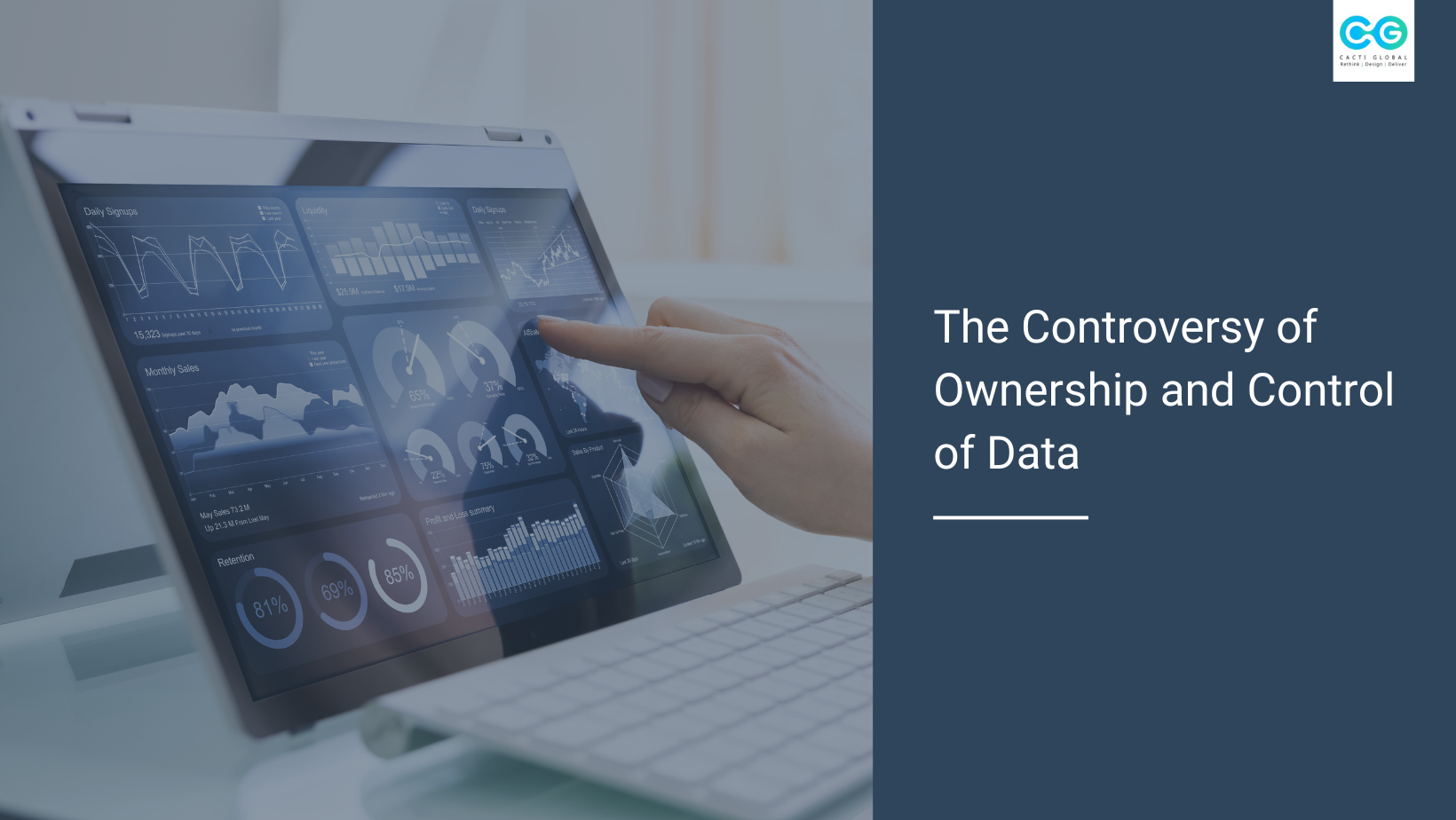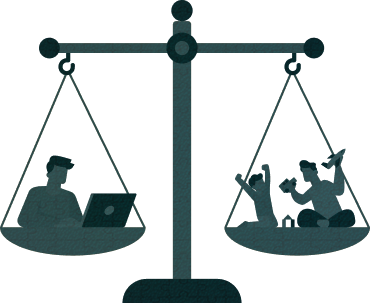Many businesses lack an understanding of how legal tech works and do not have clarity on what direction to take when incorporating these new tools and technologies. The rise of big data has created new challenges for the legal industry and there are ongoing debates about data ownership and control issues. While businesses are generating massive volumes of data, users’ privacy is at stake and there is no clear concept or definition of data ownership. These developments have led to uncertainties about data regulations, and processing rights, and are creating cases where personal data may be unknowingly misused or used without users’ consent.
The British Academy and Royal Society published a report about Data Management, Use, and Governance in the 21st Century for legal frameworks and it covered significant changes in the General Data Protection Regulation (GDPR) landscape.
Below we will discuss the controversy of data ownership, and control, and what organizations can do to reach a middle ground about its interpretation and different use cases.
- Data ownership can be classified into 3 types – personal data ownership, corporate data ownership, and public data ownership. In the legal sector, the elements of data ownership are governed by legislation like the Information Technology Act of 2000. The landscape is changing and new amendments such as the Personal Data Protection Bill, of 2019, are being passed. They will ensure the stringent regulation, privacy, and authorized use of personal data, including controlling their access, correcting wrong information, and deleting personal data where needed.
- International data transfers and cross-border transactions with different countries are subject to the laws of giving and receiving nations. With the rise of cloud-based legal services, organizations will be subject to bills and mechanisms that ensure that data is properly protected in foreign jurisdictions. Data exports will be required to comply with international laws and obtain explicit consent before being permitted to transfer data internationally. There will be additional legal considerations being implemented that revolve around government access to data, data subject rights, and data breaches in foreign nations. Data localization laws for ensuring adequate security, privacy, and appropriate storage in different countries will have significant impacts on data control too.
- Organizations can emphasize creating cross-border data flow agreements before initiating any transactions. They will help in addressing some of the legal challenges faced with international data transfers. Businesses can reduce their compliance burden, increase legal certainty, improve data protection, and ensure legal harmonization and adherence to international data standards by drafting and implementing these agreements.
- Ensuring responsible use of AI and ML algorithms, reducing algorithmic bias, and using Blockchain technology to track and share data can help address concerns about the ethical aspects of data ownership. It also prevents potential discrimination and irresponsible usage or misinterpretation of raw data. There are a growing number of companies that will be investing in these technologies for improving their data ownership and control, and also for developing relevant data protection frameworks.











